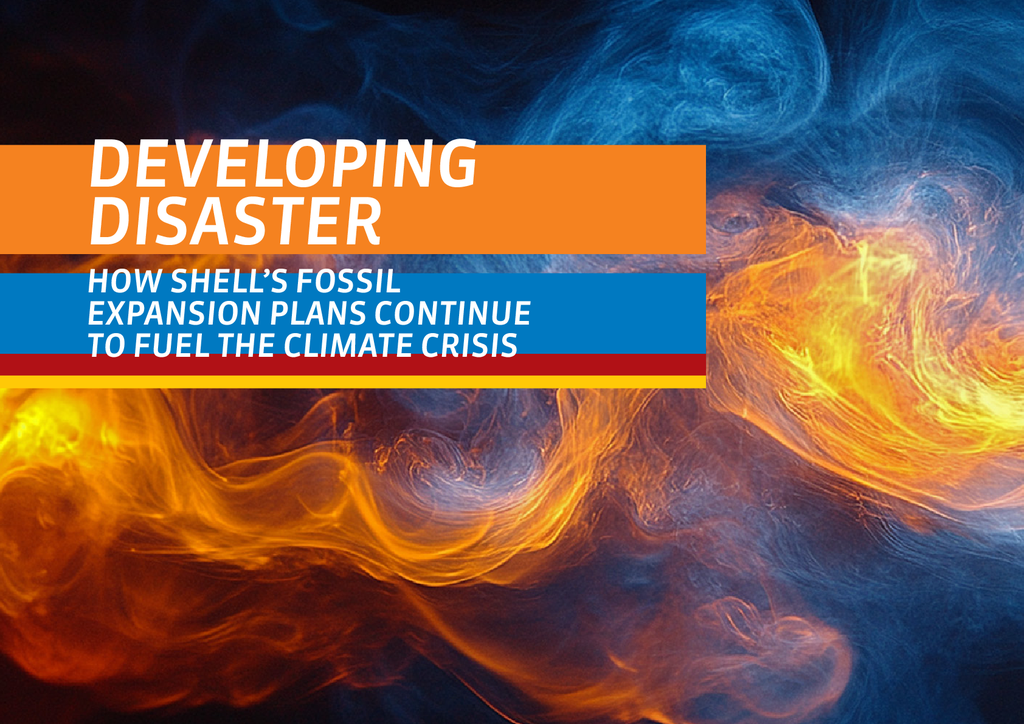Shell owns 700 new oil and gas fields and continues to search for even more. These findings come from our latest report in partnership with Global Witness, named ‘Developing Disaster. How Shell's fossil expansion plans continue to fuel the climate crisis’.
This report was compiled with data from Rystad Energy on Shell's current oil and gas fields as of 9 April 2025.
The main results:
- Shell fully or partially owns a total of 1.196 oil and gas fields. Of these, 700 oil and gas fields (59%) are not yet in operation, and 496 (41%) are already in operation.
- If Shell stops drilling new oil and gas fields, it would prevent as much as 5.2 billion tonnes of CO₂ emissions. That is as much as 36 times the annual emissions of the whole of the Netherlands
- If Shell goes ahead with drilling new fields, it means that Shell's production branch's CO2 emissions could increase by 4% by 2030 (compared to 2022).
- If Shell taps all its oil and gas fields (undeveloped and developed), CO2 emissions will rise to 10.8 billion tonnes CO2. That's 1/4 of global CO2 emissions.
Correction, 27 October 2025: based on Rystad Energy data as of 9 April 2025, the report stated that a final investment decision for the HI field in Nigeria had already been made at the time of publication. However, the investment decision for this field was not taken until October 2025.
The data and projections from Rystad Energy are based on Rystad’s research drawing from government databases, company presentations, scientific reports, media coverage, and independent analyses. These figures are subject to change as new or more accurate information becomes available.
Download publication

Developing Disaster - How Shell's Fossil Expansion Plans Continue To Fuel The Climate Crisis.pdf
— 3406 KB